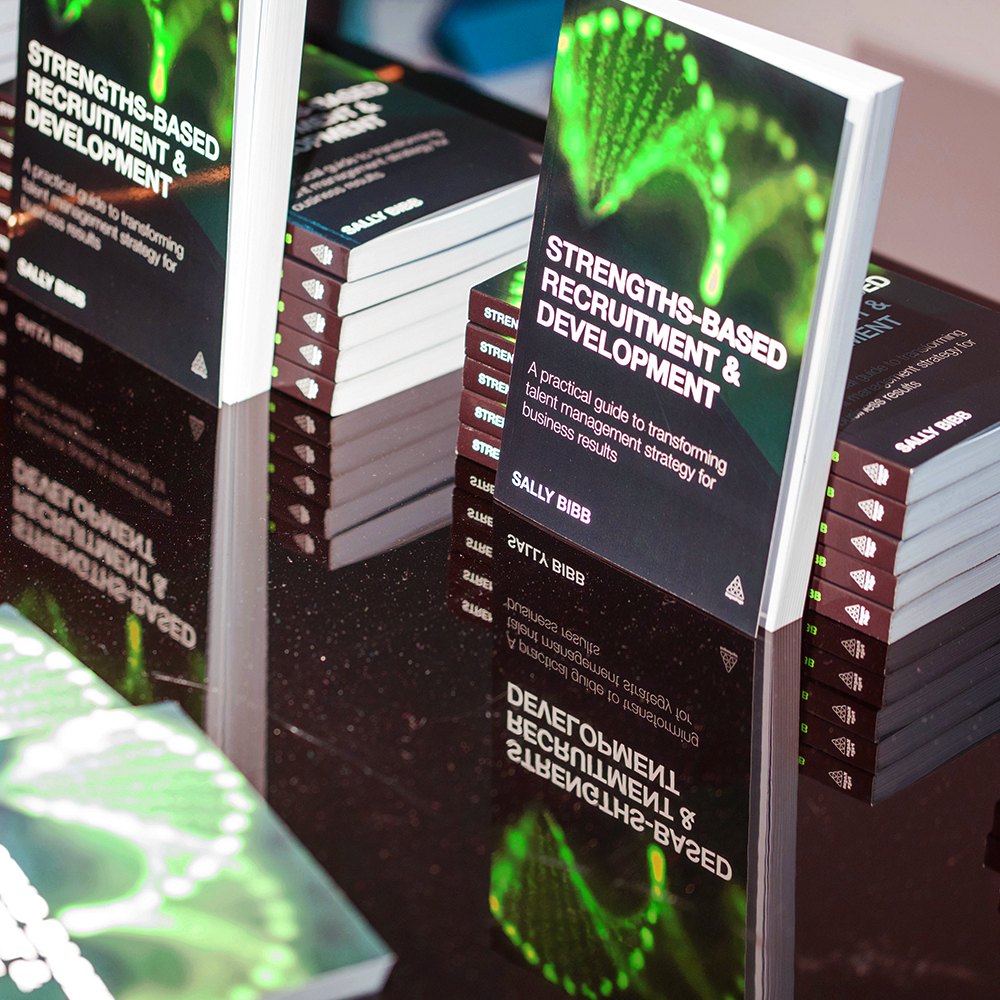
Happy new year! I’m making this my first piece of 2018 as it seems to be a hot topic and one that managers and HR alike are grappling with.
The title of this post may strike you as oxymoronic. “What etiquette is involved in performance management?” you might ask.
When I got my first role as a manager, I received a fat ring binder that contained a lot of documents informing me about the performance management ‘process’. But it didn’t really tell me how I should conduct the conversations, so it wasn’t very helpful in the real world. And it certainly lacked the human touch, when it came to helping me handle someone who was really struggling.
I was basically expected to conduct an annual review with each of my team that focused purely on outcomes.
What I, and, as it turns out, the people I managed wanted, were ongoing discussions and support about performance and growth.
That was more than two decades ago, but the truth is that not all that much has changed in the way performance management is done. In this piece I would like to propose some simple etiquette that will transform your performance management conversations and make them effective, enjoyable and energising.
Before I do that though, let’s have a quick look at commonly stated objections to traditional performance management practices:
- They involve a massive investment in time for little proven benefit
- The focus tends to be on what’s going wrong, rather than understanding and building on what’s going well
- Mostly they are disliked by all involved
- There is a heavy emphasis on past performance instead of developing people for the future
- There is little or no evidence that all the hours spent on performance management make any difference to actual performance
So, here’s some fresh-approach etiquette.
Do…
Move from annual to real-time. Replace the annual performance management approach with real-time conversations and feedback that are based on the natural cycle of each person’s work.
Focus on the end goal and how the person might get there. Make the conversation about which of the individual’s strengths could help them, and possibly about what non-strengths might get in their way and how they could mitigate that risk.
Educate, support and train. Give people the skills, structure and desire. Having meaningful conversations is a skill that needs to be learnt and honed.
Switch to strengths-based performance management. Make the new approach strengths-based (which does not involve ignoring weaknesses, but puts the emphasis on leveraging strengths and mitigating weaknesses). According to research from the Corporate Leadership Council (2005), employee performance is, on average, 36% higher when line managers focus their appraisals on employees’ strengths. It’s a human approach that managers and their people see the value in, and that motivates them.
Don’t…
Put the emphasis on the process. The process and paperwork won’t energise people, real conversations will.
Focus only on outcomes. People want to talk about how they do things and how they can grow, as well as what they are aiming to achieve.
Make it something managers are obliged to do. Instead make it something they love to do, because they have the understanding, skills and confidence to do it well.
A Marketing Manager said to me recently, “the strengths approach is more like a movement than a process”. I think he’s right, in a way. The definition of a ‘movement’ is a group of people working together to advance an idea. Once you plant the seed of an idea, that makes sense to people and that they can see is beneficial, it becomes easy. That’s what the strengths approach does. The details are relatively easy to figure out once the people want what you’re proposing!
What to do next if you’d like to know more
If you’re a person that likes to read, you can find further insight in Chapter 5 of my book Strengths-based Recruitment and Development. Or, if you think this approach would fit well with your vision for great performance management and would like to chat it through, do get in touch – we’d be happy to talk.
Sally Bibb’s book Strengths-based Recruitment and Development: A Practical Guide to Transforming Talent Management Strategy for Business Results (the first on the subject) is published by Kogan Page.


